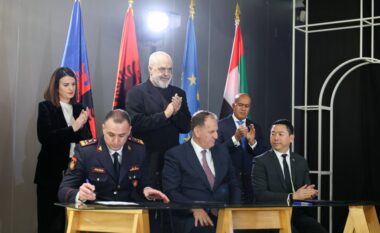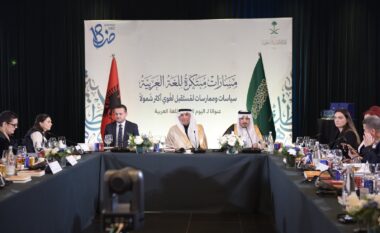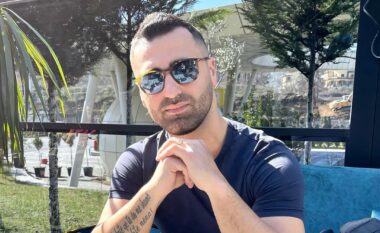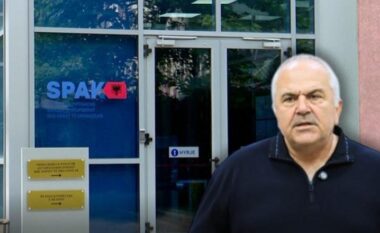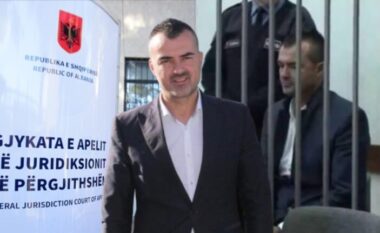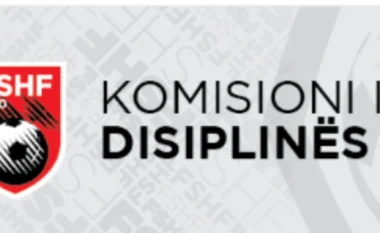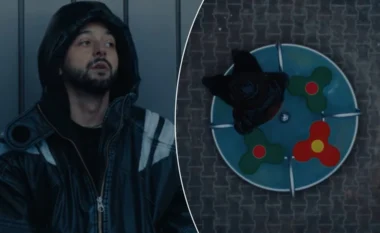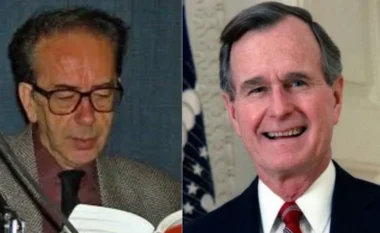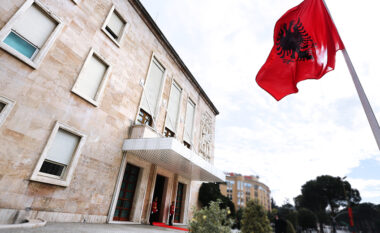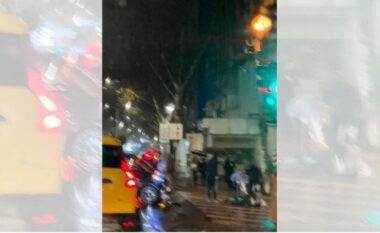A little more than three months away from the May 11 elections, SPAK has set up a task force headed by Altin Dumani, which will take measures to prevent electoral crime.
Of the investigative groups that will be set up by SPAK and that will operate on the ground in all 12 regions of the country and 61 municipalities, the collection of information and denunciations, the verification process and even the investigation of the financial activity of suspected persons or political parties during the campaign and election day.
SPAK has warned through a public announcement of the 4 criminal offenses that violators risk, provided for in the law.
It was the head of the institution himself, Altin Dumani, who signed this plan of measures and strategy from January 24.
“These measures were issued by Order of the Head of the Prosecutor’s Office, on 24.01.2025, based on the criminal and procedural legislation in force, as well as in implementation of the “Strategy for Investigation and Prevention of Electoral Crime during the 2025 Assembly Elections” of this institution,” the announcement states.
1. Establishment of an investigative group (Task Force):
The investigative group consists of a) a Central Structure and b) dedicated investigative groups in the field that will carry out investigative actions during the election period.
The Central Structure will be headed by the Head of the Special Prosecutor’s Office and will include prosecutors, BKH investigators, financial investigators, experts and administrative support staff.
Monitoring and Investigation:
The field investigation teams will be composed of prosecutors, BKH investigators, financial investigators, administrative support staff, divided into 12 Regions and 61 Municipalities.
The field investigation teams will focus on preventing and investigating criminal offenses related to the use of public administration, state infrastructure, and the involvement of criminal groups in the electoral process.
3. Cooperation:
The Director of the Prosecution, based on the assessment of the situation, signs a cooperation agreement with the Prosecutor General, the Director of the State Police and the State Commissioner of
One of the BKH investigators is designated as the responsible person, who will be in close contact with the Central Election Commission, in order to exchange information and data in real time.
During the election period, the field investigation groups also coordinate and cooperate with the heads and the available prosecutor of the general jurisdiction prosecutor’s offices, the heads of police departments and heads of law enforcement agencies, other public institutions, the media, civil society and local government in the area they cover.
4. Complaints and Public Relations:
A special platform will be established for complaints from citizens and institutions, including an emergency number, online reporting and an email address. We specify that:
“Information received through this platform is considered of an informative nature. Meanwhile, only those that are filed with the prosecutor’s office in written form and in a regular procedural form will be considered criminal reports. Prosecutors are obliged to make decisions and notify the complainant only for these criminal reports.”
A special working group will be established to monitor data made public in the media and social networks and will then forward this data to the Central Structure and investigative groups in the field.
5. Financial Monitoring:
A working group composed of financial investigation investigators and other experts in the field in the Special Prosecution Office will monitor the use of the budget and public investments that are not allowed to be carried out during the election period by special entities.
The Special Prosecution Office invites all citizens, state and private institutions, civil society, the media and the general public to actively engage in support of this process, contributing to the implementation of the law and electoral transparency. Documented and evidence-based denunciations are essential to detect and prosecute any criminal act that violates the integrity of the elections. The Special Prosecution Office guarantees prompt, professional and independent handling of any information received and invites the public to use official channels for denunciations, thus contributing to an effective and timely investigation of criminal offenses within the framework of electoral crime in the jurisdiction of the Special Prosecution Office.
Criminal offenses:
Criminal offenses within the framework of electoral crimes under the jurisdiction of the Special Prosecution Office are:
1. Active corruption in elections (Article 328 of the Criminal Code);
2. Passive corruption in elections (Article 328/b of the Criminal Code);
3. Any criminal offense within the framework of electoral crime committed by a structured criminal group, criminal organization, terrorist organization and armed gang (Article 75/a letter (b) of the Criminal Procedure Code);
4. Any criminal offense within the framework of electoral crime committed by senior public officials such as the President of the Republic, the Speaker of the Assembly, the Prime Minister, members of the Council of Ministers, judges of the Constitutional Court and the High Court, the Prosecutor General, the High Inspector of Justice, the mayor, the deputy, the deputy minister, a member of the High Judicial Council and the High Prosecutorial Council, and heads of central or independent institutions defined in the Constitution or in law (Article 75/a letter (c) of the Code of Criminal Procedure).
